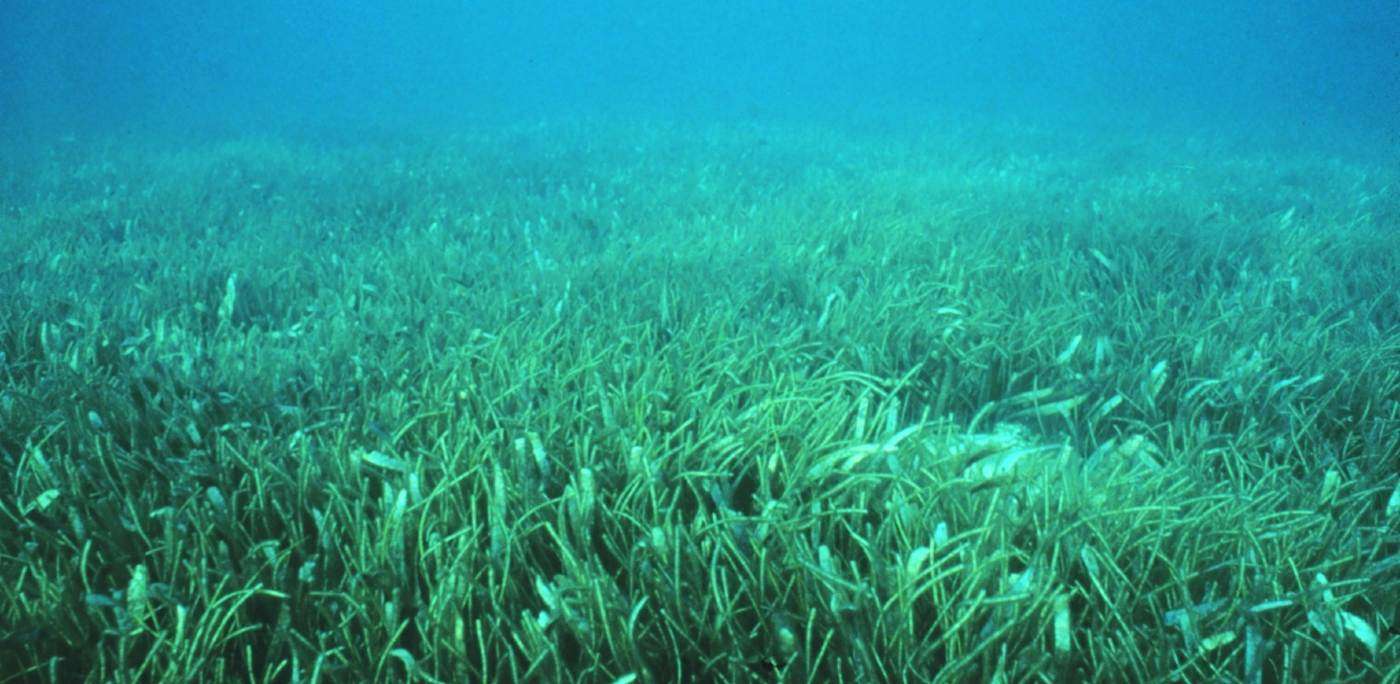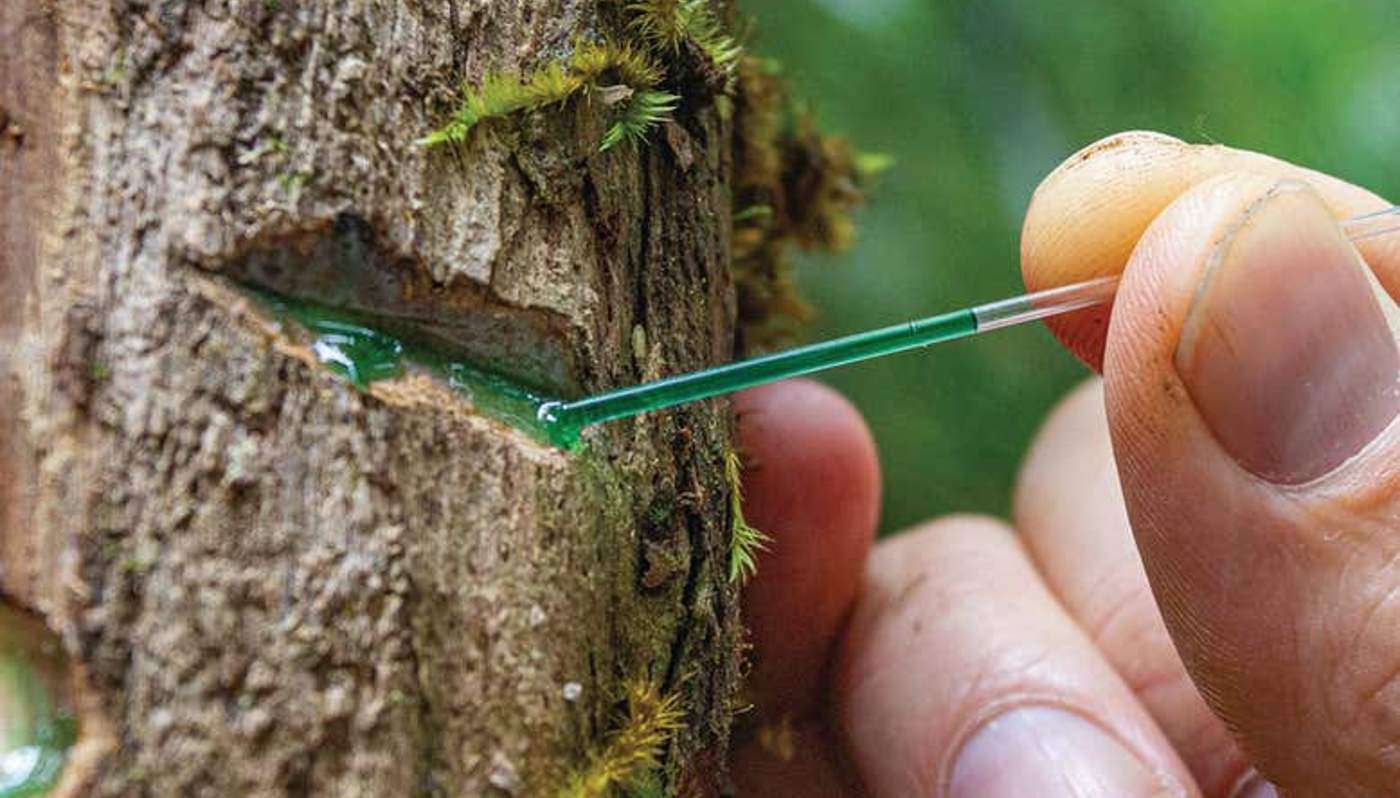Scientists Work to Turn the Tide of Oyster and Seagrass Decline in Chesapeake Bay, Often by Hand
Scientists from the Institute of Marine Science in Virginia are working to improve the lives of oysters and seagrass in the Chesapeake Bay.

Scientists from the Institute of Marine Science in Virginia are working to improve the lives of oysters and seagrass in the Chesapeake Bay.

Clinical trials of a functional medicine approach to reversing cognitive decline from Alzheimer's has produced "unprecedented" results.

Singing lullabies, says new research from UniArts Helsinki, not only improves the health of premature babies in intensive care but help adults too.

A 5-minute breathing exercise can lower your blood pressure as much as medication or exercise, says a new small study from UC Boulder.

Mining companies look to scientists to demonstrate "phytomining" on a large scale, letting plants pull nickel out of the ground instead.
University of Illinois research finds that countries could be moving closer to using human waste as fertilizer, a good thing.
Noted researchers are coming together on September 10 for the free Global Compassion Gathering, and the message: Self-compassion is critical.
NYU researchers find having someone to listen to you when you need to talk is associated with greater cognitive resilience.
A simple 10 question test from Harvard judges how creative you are by measuring the association between user-submitted words.
A radiative cooling film developed by a UCLA scientist can cool the air around it by 10°F by reflective infrared radiation from the sun.
A new study suggests your metabolism actually starts its inevitable decline much later than we all assumed.
The dual beneficial effect of physical activity in depression is confirmed by a new study from Ruhr-University Bochum.
Stanford astronomers have discovered how to see X-rays reflected from the opposite side of a black hole, and once again, Einstein was right.
Queensland researchers discovered a potentially life-saving treatment for heart attacks in a very unlikely source–deadly spider venom.
People who deeply grasp the pain or happiness of others also process music differently, say researchers at Southern Methodist University.
South African researchers in Cape Town have discovered that falcons have natural black eye makeup to help improve their hunting abilities.
A collaboration between NASA, the Canadian Space Agency, Durham, Toronto, and Princeton universities, SuperBIT will launch in April.
A new study has found that, contrary to belief, feeding birds won't make them dependent on human help.
Researchers at the University of Portsmouth have been looking at the surprising science behind how dogs got their puppy dog eyes.
Duetting songbirds 'mute' the musical mind of their partner to stay in sync, researchers at New Jersey Institute of Technology have found.
Recent Stories
A Heartfelt Reminder to Appreciate the Ones We Love
Cherish the Woman Who Stands by You
Breaking Generational Cycles of Pain
Living by Your Own Values, Not Others' Approval
When Life Brings Rain, It’s Okay to Rest
Before You Judge Someone's Life, Take a Moment to Walk in Their Shoes.
A Friend Who Spreads Gossip is Not a True Friend at All
The Value of Human Connection Over Digital Convenience
The Quiet Kind of Love
One Day, Your Mom Won’t Call You Anymore
I’ve reached a point in my life...
Happiness is a mindset, a conscious choice we make every day